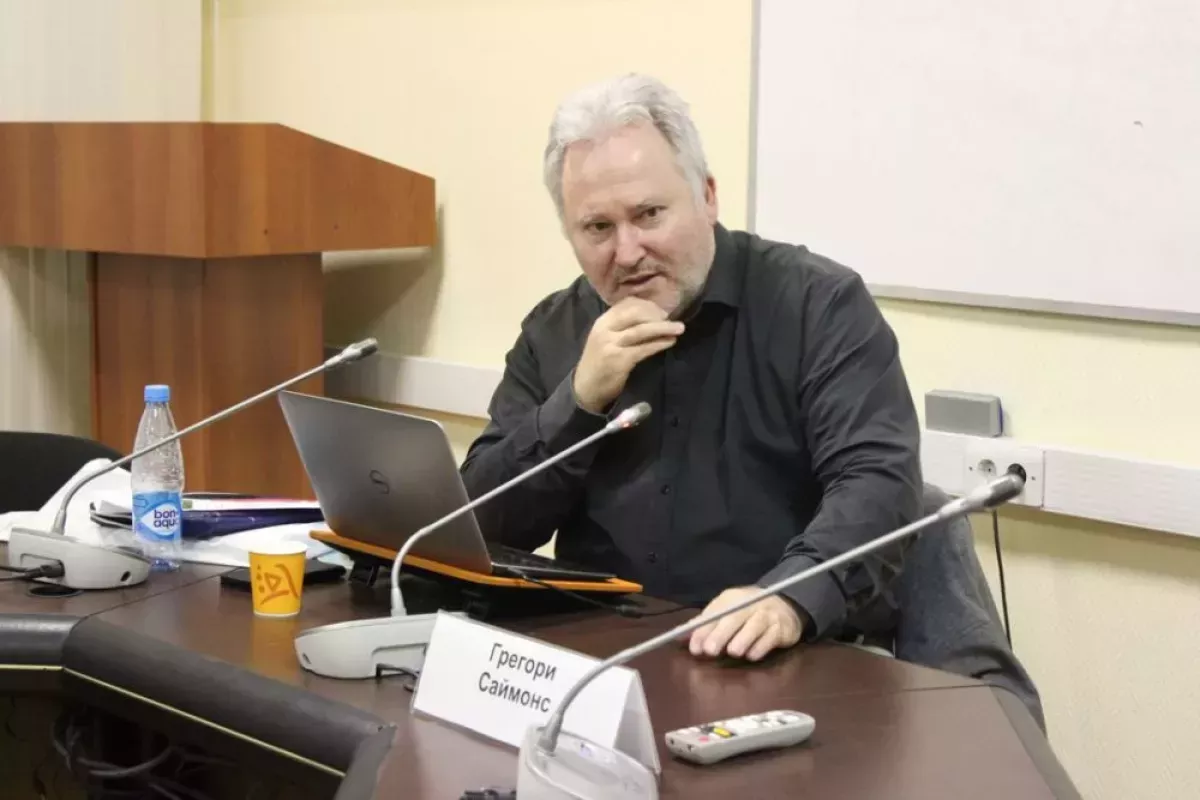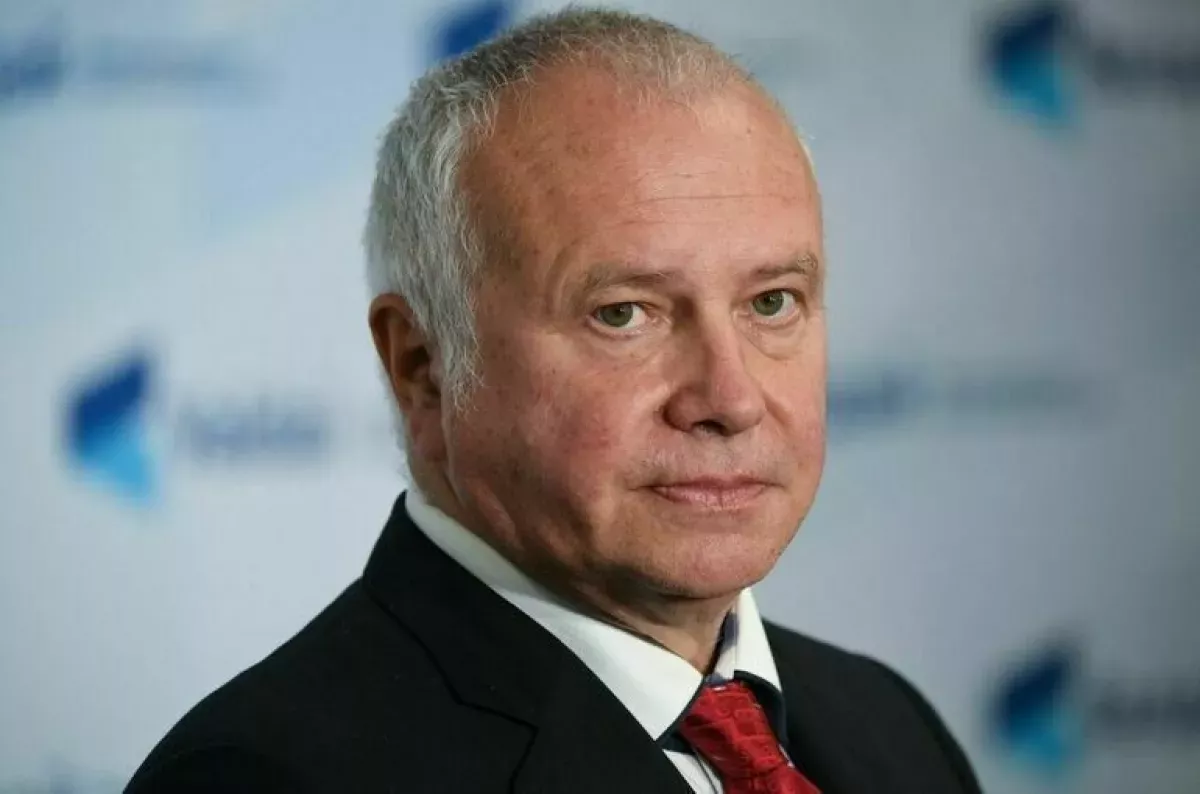Militarisation of Europe: sooner or later, war will come Expert opinions on Caliber.Az
The Council of the European Union and the European Parliament have reached a preliminary agreement on the European Defence Industry Programme (EDIP), the Council of the EU said in a press release.
“The presidency of the Council and negotiators from the European Parliament (EP) reached a provisional agreement on the European Defence Industry Programme (EDIP), a dedicated financing programme for defence worth €1.5 billion for the period 2025-2027,” the statement said.
The programme is aimed at strengthening the EU’s combat readiness. Under the new programme, a mechanism will also be established for the first time to ensure the security of military supplies within the European Union.
“Europe has its first comprehensive Defence Industry Programme. The European Parliament and the European Council have agreed on a new regulation that strengthens Europe’s defence industry, our support to Ukraine, and our continent's security.,” European Parliament President Roberta Metsola noted on X.
“I welcome the agreement on the European Defence Industry Programme. €1.5 billion to strengthen Europe’s defence industry. Support Ukraine. And ensure we are defence-ready by 2030, in line with our 'Preserving Peace' roadmap,” European Commission President Ursula von der Leyen commented on X.
According to a statement on the European Council’s website, EDIP aims to enhance the EU’s defence readiness by improving the competitiveness and efficiency of the European Defence Technological and Industrial Base (EDTIB).
NATO countries, following the Hague summit, tentatively agreed to increase defence spending to 5% of GDP by 2035, as well as to expand transatlantic cooperation in the defence industry. In other words, the alliance appears to be broadening its initiatives.
But how ready is the EU today to ensure its own defence independently? Are the funds allocated by European countries for military needs sufficient?
Renowned foreign experts shared their opinions on this issue with Caliber.Az.

Dr. Greg Simons, a Swedish political scientist, believes that the EU is currently completely unprepared to ensure its own defence independently.
“It is in economic decline and disarray. Therefore, it would be a mistake to assume that this union is economically or politically capable—or even able to defend itself. It will continue to rely on the American military umbrella and American weapons, attempting to maintain this increasingly unreliable form of protection. Otherwise, the EU would have to make radical cuts to social spending, which would not gain public approval,” Simons said.
According to him, the funds allocated by European countries for military needs are far too small, and it is already too late to start increasing financing.
“They have neglected defence spending for decades. Moreover, they cannot recruit enough military personnel. This is a true sign of ideological political delusions. Spending on military equipment, which they freely send to Ukraine to fight Russia, has drained the EU’s finances and likely the political will of the public, who must pay the price for this senseless and uncontrolled militarism under the so-called leadership of von der Leyen—who, as Germany’s defence minister, destroyed the potential and capabilities of the German armed forces,” Simons noted.

German political scientist Professor Alexander Rahr of the WeltTrends Institute of International Politics (Potsdam) urges a realistic assessment of the situation.
“The European Union, which for 75 years has been merely an economic bloc and called itself a pacifist power, is now trying to replace NATO. However, the militarisation of the EU will take years—there is no money for this venture in Europe today. Moreover, the push to arm the EU comes mainly from the Germans (led by the German Ursula von der Leyen), as well as the Poles, the Baltic states, and the English, who orchestrate belligerent plans behind the scenes. The idea is simple: Europe now faces a new, serious threat in the form of Russia. America no longer intends to provide full protection to Europe, and Trump questions NATO.
Thus, if the EU wants to withstand the Russian threat, it must be capable of serious warfare. Many Europeans believe that militarising Europe is indeed necessary in light of NATO’s declining influence. Proponents argue that sooner or later, Europe will have to fight—possibly even against China and other ‘challenges’ to the Old Continent. In this way, Europe aims to become an autonomous ‘pole’ in the polycentric world of the 21st century,” Professor Rahr explained.








